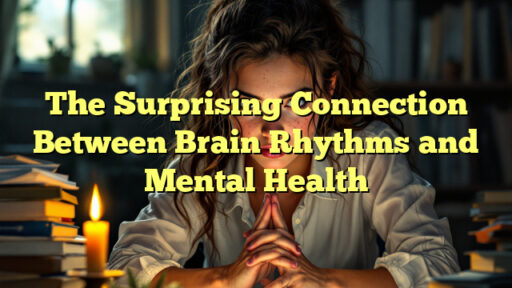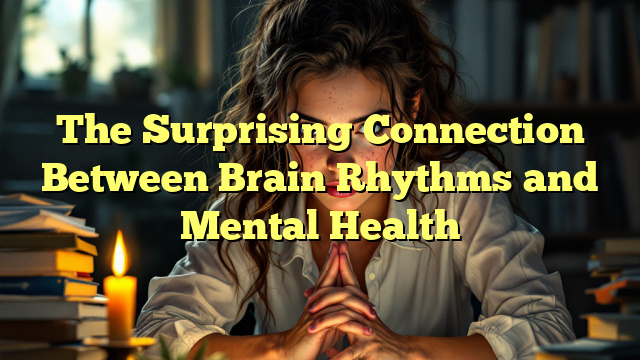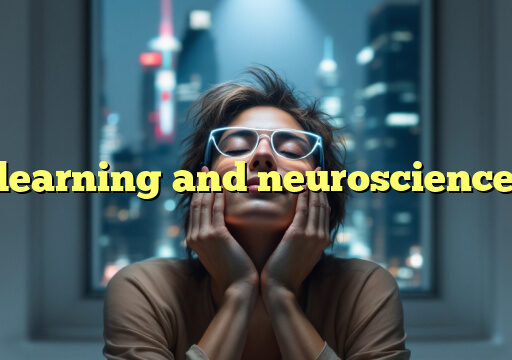Scientists have long been intrigued by the relationship between brain rhythms and mental health. Recent research has shed light on how these brain rhythms can impact our emotional well-being, cognitive function, and overall mental health.
Understanding Brain Rhythms
Our brains are constantly producing electrical signals that can be measured as brainwaves. These brainwaves occur at different frequencies, ranging from slow delta waves to fast gamma waves. Each frequency band is associated with different mental states and functions.
For example, delta waves are typically seen during deep sleep, while theta waves are associated with daydreaming and creativity. Alpha waves are present during relaxation, and beta waves are linked to focused attention and problem-solving. Lastly, gamma waves are believed to play a role in higher cognitive functions and information processing.
The Impact on Mental Health
Research has shown that abnormalities in brain rhythms can be linked to various mental health conditions, such as depression, anxiety, schizophrenia, and ADHD. For example, individuals with depression may exhibit an imbalance in their alpha and beta brainwave activity, while those with anxiety disorders may have increased theta wave activity.
Additionally, studies have found that changes in brain rhythms can also affect memory, learning, and decision-making skills. Disruptions in gamma wave activity, for instance, have been associated with cognitive impairments in individuals with schizophrenia.
Therapeutic Interventions
Understanding the connection between brain rhythms and mental health has opened up new possibilities for therapeutic interventions. Neurofeedback, for example, is a technique that allows individuals to regulate their brainwaves by receiving real-time feedback on their brain activity. This method has shown promise in treating conditions such as ADHD, anxiety, and PTSD.
Brainwave entrainment is another approach that uses sound or light stimulation to synchronize brainwaves with external stimuli. This technique has been used to improve mood, reduce stress, and enhance cognitive function in individuals with various mental health issues.
Conclusion
The link between brain rhythms and mental health is a complex and multifaceted relationship that continues to intrigue researchers and clinicians alike. By exploring how different brainwave patterns influence our emotional and cognitive well-being, we can develop new strategies for treating and managing mental health conditions.
FAQs
What are brain rhythms?
Brain rhythms are the electrical signals produced by the brain that can be measured as brainwaves. These brainwaves occur at different frequencies and are associated with different mental states and functions.
How do abnormalities in brain rhythms affect mental health?
Abnormalities in brain rhythms can be linked to various mental health conditions, such as depression, anxiety, schizophrenia, and ADHD. Changes in brainwave activity can impact memory, learning, decision-making skills, and overall cognitive function.
What are some therapeutic interventions for regulating brain rhythms?
Therapeutic interventions for regulating brain rhythms include neurofeedback, which allows individuals to regulate their brainwaves through real-time feedback, and brainwave entrainment, which synchronizes brainwaves with external stimuli using sound or light stimulation.
Unlock Your Mental Potential




